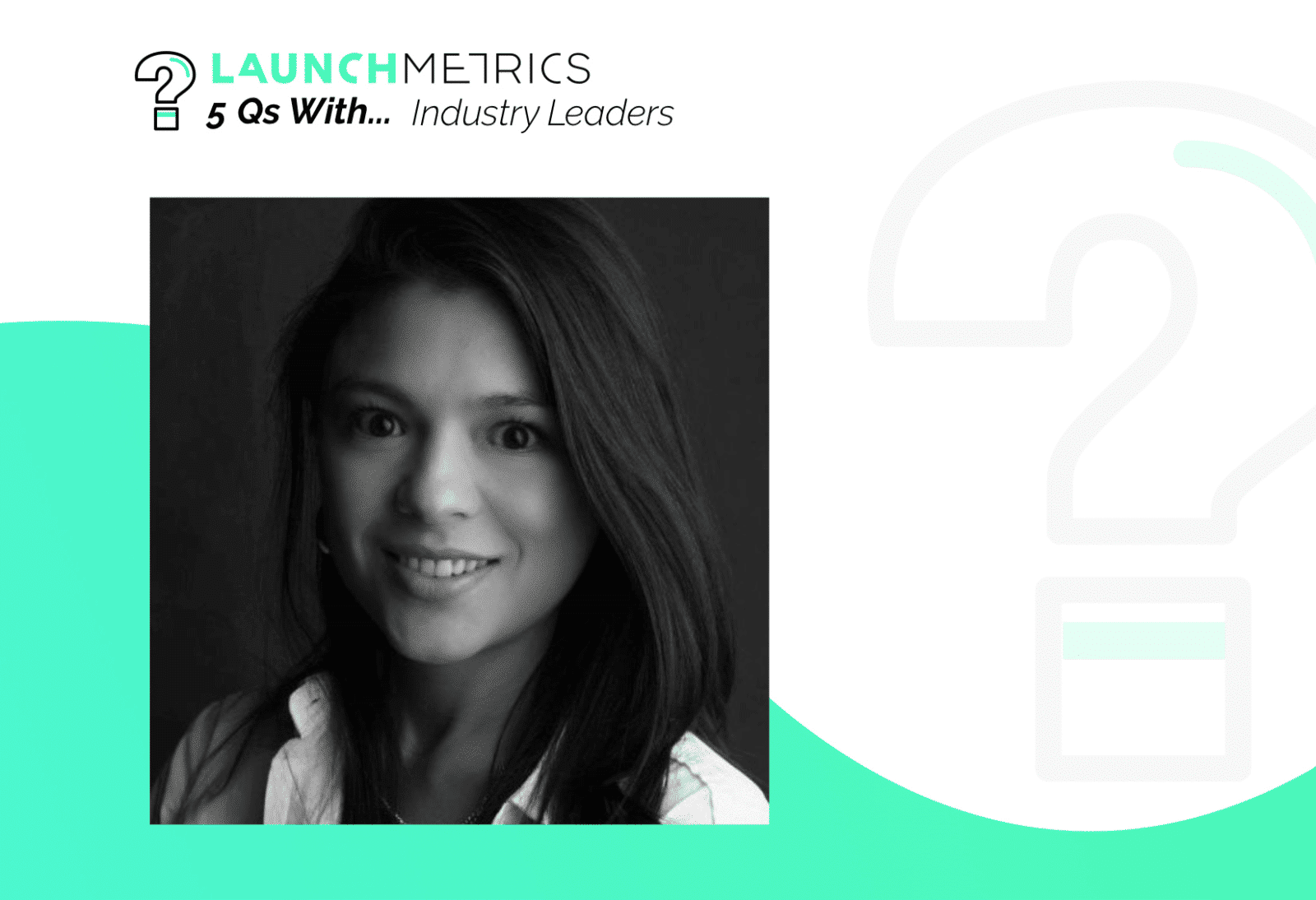The Launchmetrics 5 Questions With… interview series provides a way to connect industry leaders from the fashion, luxury, and beauty industries, and gives a platform for them to share their best advice and expertise.
For this episode of the series, we spoke with Mei Ping Doery, the CEO of Asia for Australian Fashion Group (AFG), an innovative contemporary fashion and apparel business, which holds four in-house labels. Mei Ping is responsible for AFG’s overall presence in Asia including the strategy, operations, business development and brand management of the region’s wholesale and ecommerce business in China.
Mei Ping has over 14 years of experience in fashion retail, marketing, strategy, distribution and finance. Originally from Melbourne, Australia, Mei Ping has been based in China for over 14 years and is now based in Singapore, with direct experience navigating the rapidly developing regional fashion and retail environment.
What do you love most about your job?
I really enjoy being at the intersection of culture and borders. Solving the cross border challenge from both the operational and the cultural side of things is really interesting to me, particularly at a time where there is a big shift in Asia’s role. Historically, Asia’s been a market that usually followed pop culture, fashion, design, music, et cetera, but now is really innovating and pushing boundaries in many ways.
The way that Western brands like us need to localize has totally changed. Also representing brands that are less established in Asia and smaller scale by China standards in particular means that I’m across all aspects of the business and it forces us to be dynamic and innovative in order to be competitive and effective in this vast and quite fragmented market.
On a day to day basis, I’m analyzing numbers, developing strategies specific to this rapidly developing market where the status quo doesn’t always exist, building relationships while also being involved with some of the more fun aesthetic and design related decision making.
How has the industry changed since you started your career?
With the democratization and fragmentation of retail and media instead of the brand putting itself in front of the consumer, it’s about the consumer finding you. With this new dynamic comes challenges and opportunities. There’s the opportunity to build more customer loyalty because they’ve had a more involved role in actively finding you and consumers are now always looking for and exposed to something new. So, in order to scale this relationship, it requires us as brands to maintain the dialogue with the consumer, to listen to them, and to generate a positive feedback loop in order to sustain an authentic and active relationship which hopefully then results into sales.
The other side of this is that because e-commerce adds a level of commoditization, scalability relies more on building a story which resonates with the end consumer. It’s less about the right product, right place, and right price, but more about a value proposition which aligns with values and is also increasingly more human-metric and story. Finally more than ever the consumer is central to your business, rather on the outskirts. They’re not only your source of income, but they’re also often your source of media, publicity models and also your spokespeople. So I guess that’s quite a big fundamental shift from the brand being central.
What lessons have you learned from this new virtual world we have had to adapt to?
COVID has obviously accelerated a lot of great things and efficiencies that come with digitization. However, I think it also highlights a need for both online and offline. We are still in the business of tangible products and the use case of the product is usually part of human expression and a social experience. So I think having been deprived of this we’re also reminded of how important it is and how people are craving it more than ever; like our staff, they want to be in the office and they want to share a meal, or our buyers want to experience the hand feel of fabric and product.
To summarize, I’m really supportive of digitizing where it really enhances building experiences and efficiencies, but not for the sake of it because the technology exists and is available.
If you had a magic wand & could create one tool that would help your company operate better, what would it be?
I think the biggest challenge of fashion today is that the business model has become so environmentally taxing. When we talk about technology optimizing efficiency, waste is one of the biggest opportunities. This technology is becoming available, but it’s not available for all brands yet. So for our business specifically, I would love to be able to produce more on demand and implement technology that would allow us to be faster and more responsive. So that one, we can minimize deadstock and waste, and two, we can scale and leverage the value of publicity and customer feedback to create more sales.
What’s one tip you would give your younger self?
From a work perspective, it would be to take a macro view of things and to question everything. I guess from that, I don’t mean to be skeptical of everything, but question your own motivation and intentions, because ultimately that will allow you to have more clarity and conviction in your decision making. It’s so easy now especially with digitization to get caught up with things and we live in such a fast paced world where we’re all inundated with choices and optionality. The result of that I think often ends up being reactivity. So I guess thinking slowly, collaborating, asking questions, and then acting fast once you have conviction, also provides a framework that allows your team to also be innovative and challenge status quo while mitigating risk as well.
